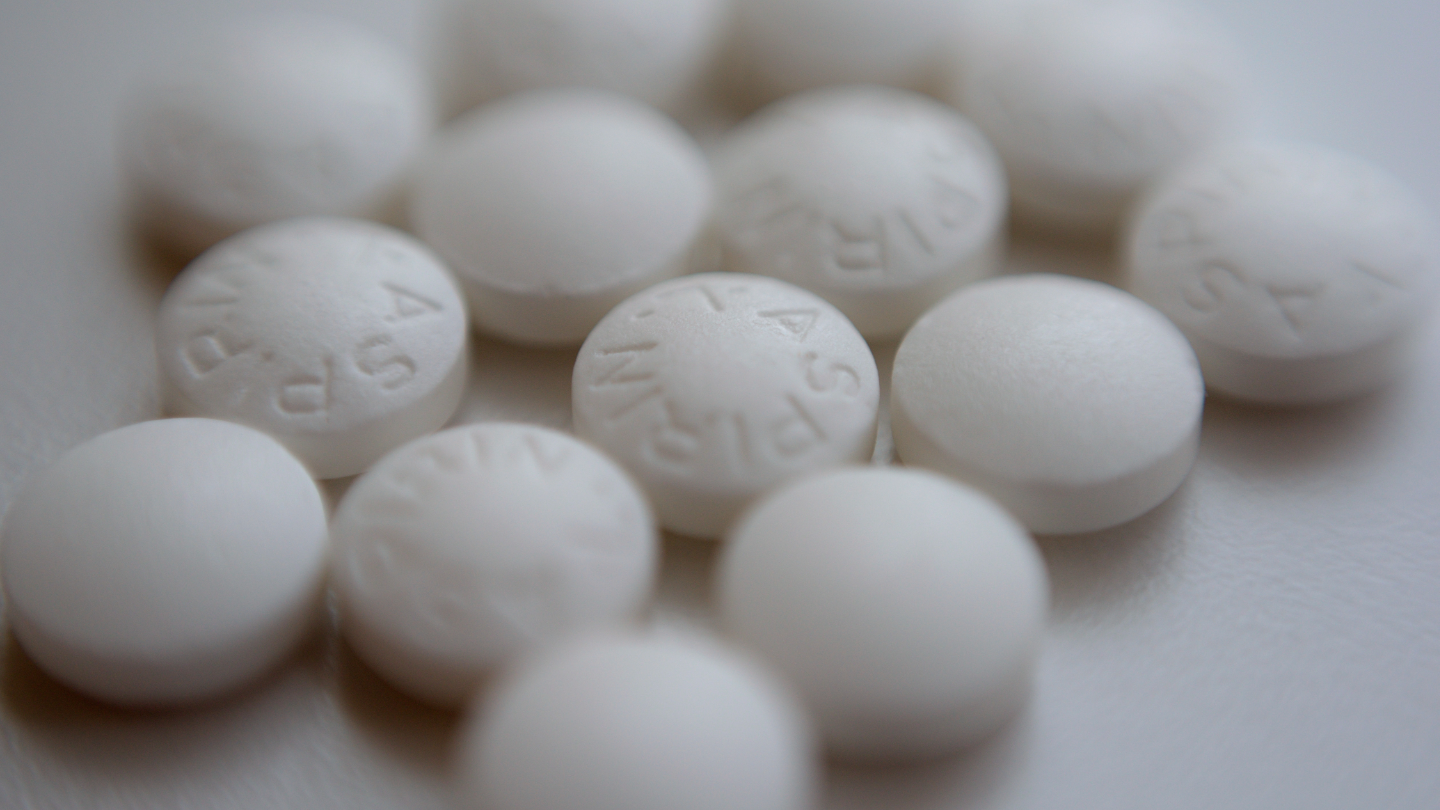
Some prescriptions and over-the-counter medications could keep your body from cooling properly, leading to heat exhaustion or heat stroke, warn doctors at Integris Health.
Robie Harrington, Pharm.D., clinical pharmacy specialist in the emergency department at INTEGRIS Health Southwest Medical Center, says several commonly used medications interfere with the body’s natural cooling processes, including:
- Antihistamines like diphenhydramine, sold under the brand name Benadryl, and hydroxyzine, also known as Atarax, can reduce the ability to sweat.
- Beta blockers, such as metoprolol and propranolol, may weaken the cardiovascular response and impair vasodilation, a key mechanism for cooling.
- SSRIs/SNRIs, such as sertraline, fluoxetine, venlafaxine, and duloxetine, can impair your body’s ability to maintain its core temperature. This could increase the risk of serotonin syndrome, a potentially life-threatening condition with symptoms ranging from agitation and shivering to seizures or death.
- The heat can interact with diuretics, causing dehydration, electrolyte imbalance, and reduced ability to sweat.
- Stimulants used by people with ADHD often increase metabolism and body temperature, which can lead to dehydration and decreased thirst.
- Some antipsychotics/antidepressants (e.g., olanzapine, clozapine, risperidone, haloperidol) disrupt the area of the brain that produces hormones that control body temperature, affecting temperature regulation and sweating.
- Some medications, known as anticholinergics, that are used to treat some bladder and respiratory issues can inhibit sweat gland activity.
Even common over-the-counter products, including allergy medications, decongestants, pain relievers, herbal weight loss aids, and caffeine-based supplements, can worsen heat sensitivity or contribute to dehydration.
>>> Safety tips and how to spot and prevent heat-related illness
Who’s at Risk?
Harrington says young children, pregnant women, and older adult are most at risk. People with chronic conditions such as cystic fibrosis, diabetes, cardiovascular disease, Graves’ disease, multiple sclerosis or mental illness could also be in danger.
Symptoms
If you plan to be in the heat, you should be aware of some of the following symptoms that can lead to heat-related illness. Dizziness and nausea when you are outside for extended periods of time can be a sign you’re overheating. If you have been sweating excessively, but then you have little or no sweating, you could be nearing heat exhaustion or heat stroke. Be aware of a rapid heartbeat and feelings of confusion. Muscle cramping, weakness, and a general feeling of illness are also signs of the onset of a heat-related illness.
What do you do?
“If symptoms occur, move to a cooler place, hydrate, and apply cool, wet cloths to areas like the neck and underarms,” says Harrington. “When your body can’t cool itself properly, especially in extreme heat, the risk of heat exhaustion or heat stroke rises. In the event of a heat stroke, call 911 immediately.”
Tips for staying safe in the heat
- Hydrate – Drink plenty of water throughout the day and limit alcohol and caffeine.
- Take breaks – Seek shade or go indoors frequently.
- Avoid peak heat – Plan outdoor activities during cooler hours.
- Dress smart – Wear light, breathable clothing.
Family members and caregivers should monitor loved ones on heat-sensitive medications. “Know what they’re taking and have a plan to help them cool down if needed,” Harrington advises.

